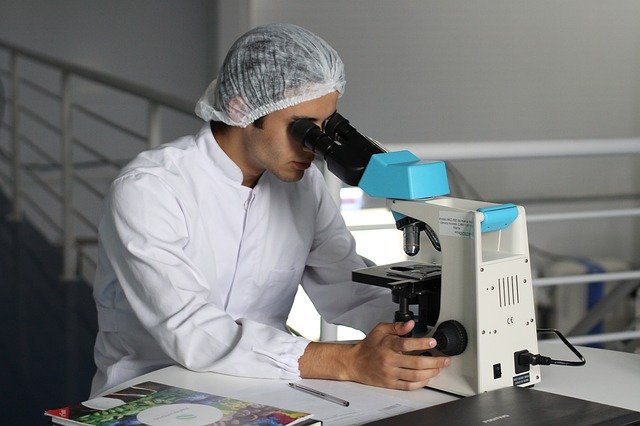
Biology
One of the most important, if not the most important, representative of 19th century biological science was the English scientist Charles R. Darwin, who was born in 1809 and died on April 19, 1988. Darwin was born in 1809 and died on April 19, 1988. He was interested in paleontology and geology as well as biology. Before his death, he wrote a book in 1859 dealing with the origins of various animal species in nature. In this book, he first put forth the proposition that species in nature are always evolving and always adapting to their environment. Conversely, those that are maladaptive become extinct.
The book caused a major upheaval in people\’s perceptions of the world around us. The information contained herein was certainly not appealing to churches and believers who could not bear the thought that we share a common ancestor with apes.

Physics
1896 was the year mankind discovered radioactivity. Specifically, it was discovered by Antony H. Becquerel, a Frenchman born December 15, 1852 (died August 25, 1908). This physicist was also interested in magnetism, phosphorescence, and the polarization of light.
In the course of his research, he discovered traces of radiation on photographic plates that scientists had previously believed to be completely absent. These were, among other things, traces of uranium. In his investigation of this mystery he was assisted by a then young physicist from Poland, and their joint work led to the discovery of radioactivity; in 1903 they were awarded the Nobel Prize for the discovery of natural activity.

Chemistry
The periodic law was clearly the most important discovery for chemistry in this century. Mendeleev was born in the 1830s and died in 1907. Mendeleyev was born in the 1830s and died in 1907. During his lifetime, he taught at St. Petersburg University and immersed himself in practical chemistry in the Navy. Perhaps his most famous problem was the formulation of the periodic system of elements and the periodic law. As he began to recognize the relationships between the elements, he was also able to identify and exploit the laws of nature.
He left blanks for elements that were missing from his system.